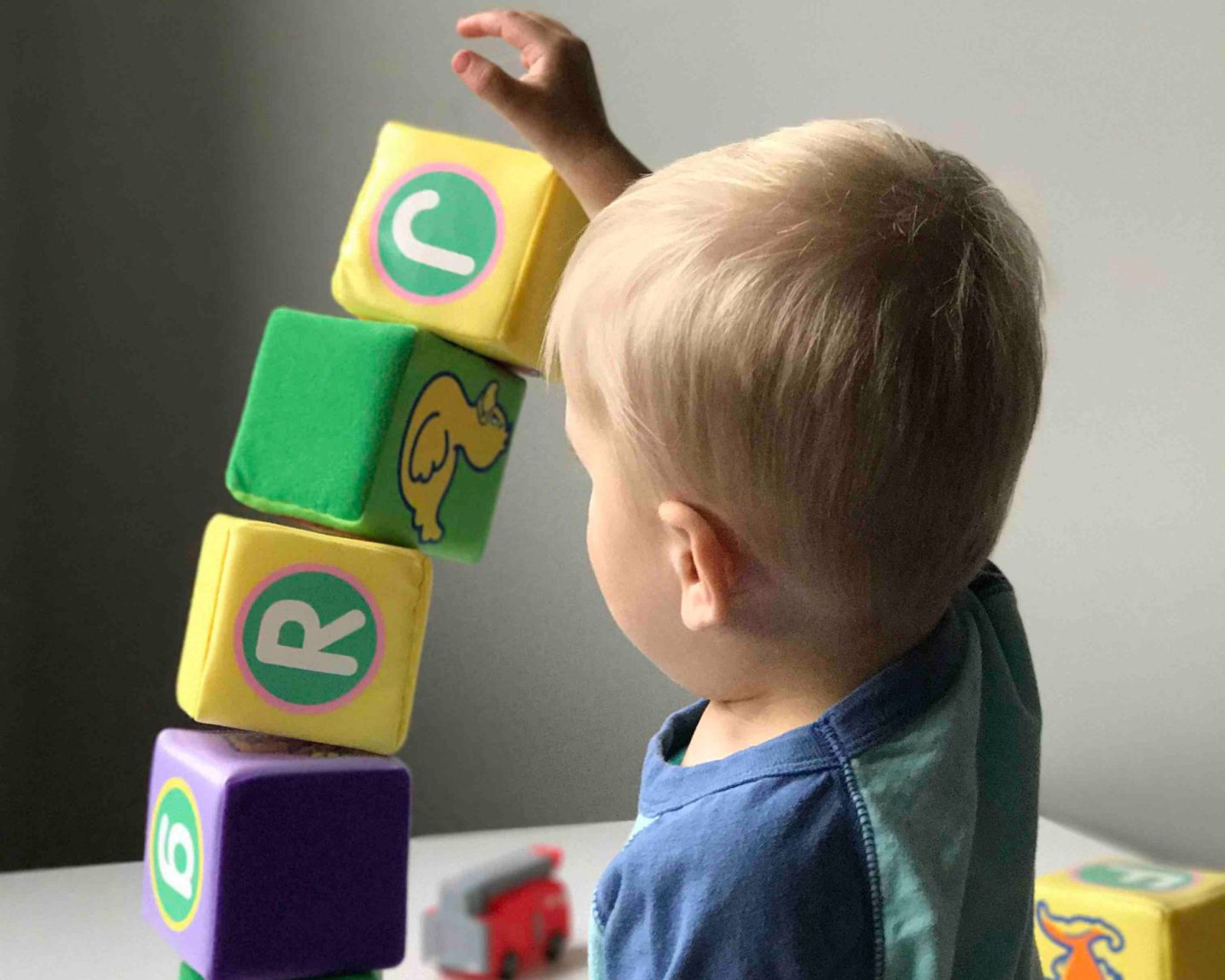The negative price effects of transitions in daycare
There are plans to make child care virtually free. What does this mean for households of different income levels?

The Challenge
Dutch child care will largely be paid for by the government starting in 2027. But without additional measures, this could make child care more expensive, especially for low-income households.
The Approach
Based on desk research, interviews and economic reasoning, we analyzed the potential negative price effects of the current government plans to make daycare nearly – but not fully – free of charge. We showed that, due to the existence of scarce capacity, a significant amount of private investors in the market, and the absence of price regulation (in the government plans),
Mainly due to limited capacity, the large number of private investors in the market, and the lack of price regulation in government plans. This also leads to an increase in inequality between income groups. We also analyzed different regulatory mechanisms to reduce these risks.
Impact
We increase awareness about the risks of the current daycare transition plans.



